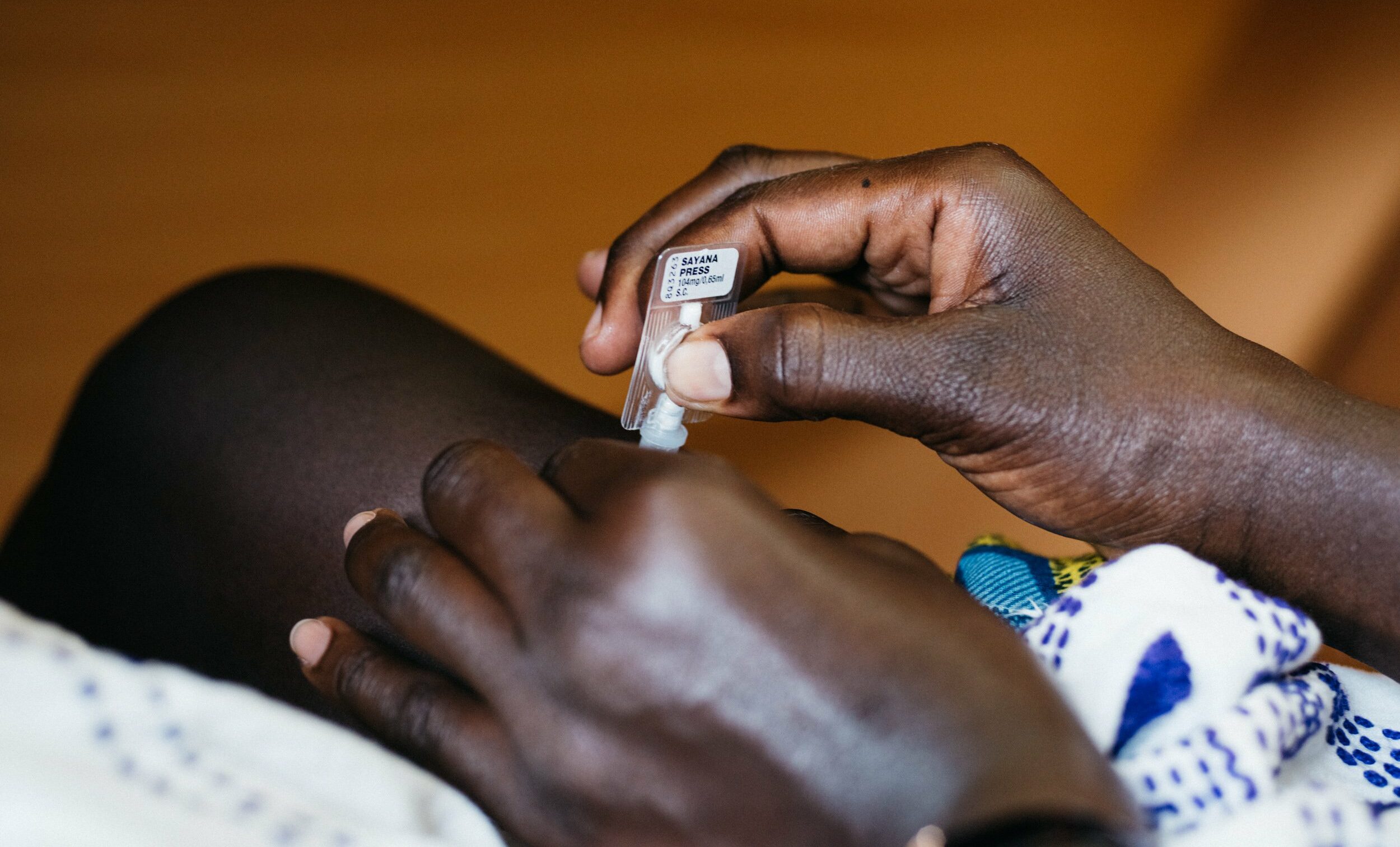Stakeholders in the health sector have called on the federal government to release the N2 billion allocated for family planning commodities in the 2024 budget.
They made the call yesterday in Abuja during the CSO/Media parley on the SMART Advocacy Asks organised by the Association for the Advancement of Family Planning (AAFP) and other partners.
Dr Ejike Oji, Chairman Management Committee, AAFP applauded the Federal Ministry of Health for releasing $4 million counterpart funding for procuring essential family planning commodities but added that there is still a lot of work to be done.
He said, “UNFPA has confirmed the receipt of these funds, unlocking an additional N2 million dollars in support for Nigeria. This is a critical step forward, yet there is still work to be done.
- Almajiri, insecurity, agric, others for discussion at SABMF roundtable
- Winners emerge in Kogi’s 33rd Quranic recitation competition
“Today, we gather to build upon that work. Nigeria’s social and security challenges are, in many ways, a reflection of our population dynamics.”
He said the country’s dependent population now stands at approximately 85 per cent, a figure that underscores the urgency of addressing the sustainability of the country’s future.
“With a rapidly growing youthful population and an emigration rate that continues to rise, we face a situation where, regrettably, citizens are increasingly affected by violence,” he added.
Family Planning/Reproductive Health Commodity Security Specialist, UNFPA, Dr Joachim Chijide, said Nigeria is committed to the FP2030 modern contraceptive prevalence rate of at least 27 per cent by 2030, and one per cent of the annual national health budget both at federal and state levels.
He added that low investment and current gaps in family planning commodities hinder progress, risking setbacks in health outcomes and the country’s broader development goals.
He said there was still a huge funding gap which is having profound impact on women and girls in the country, explaining that every one dollar invested in family planning in Nigeria will yield $69.3 returns on the average.
“We need to increase demand generation. We need allocate resources and spend them in the area of service delivery, policy and advocacy. We need to think about the finances, supply chain, supporting monitoring and supervision,” he said

 Join Daily Trust WhatsApp Community For Quick Access To News and Happenings Around You.
Join Daily Trust WhatsApp Community For Quick Access To News and Happenings Around You.